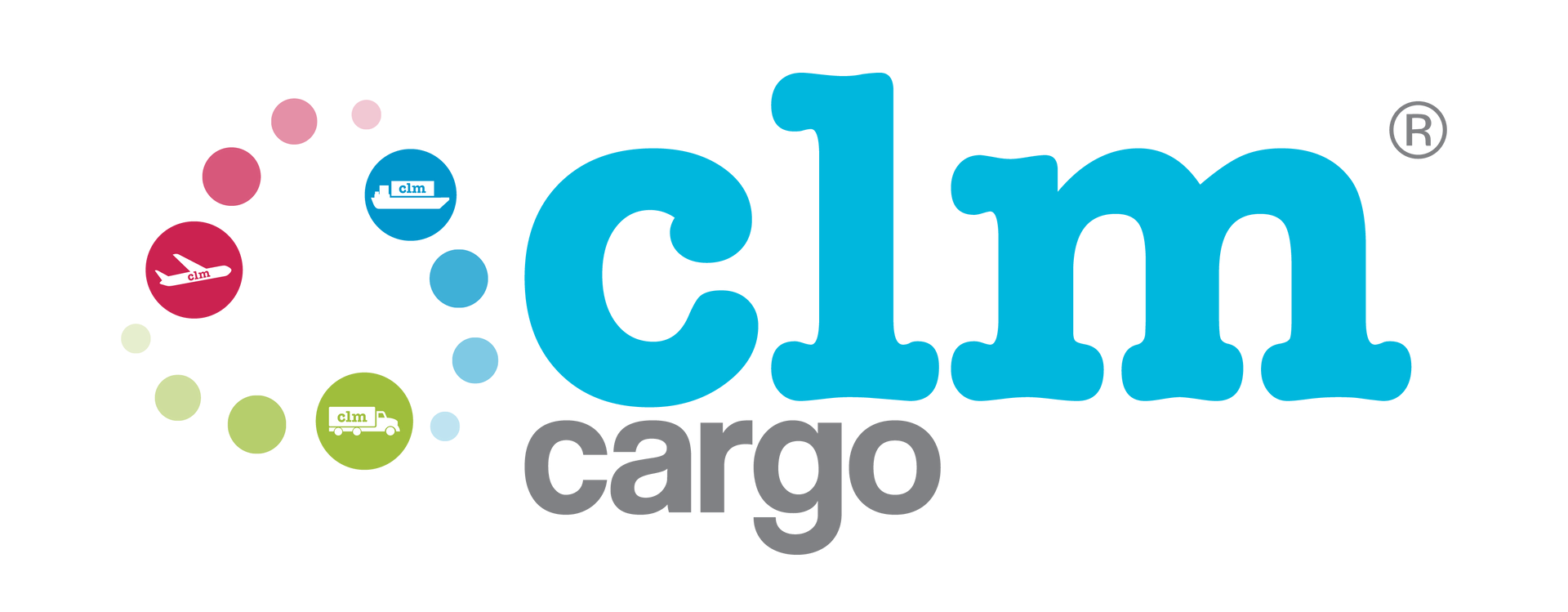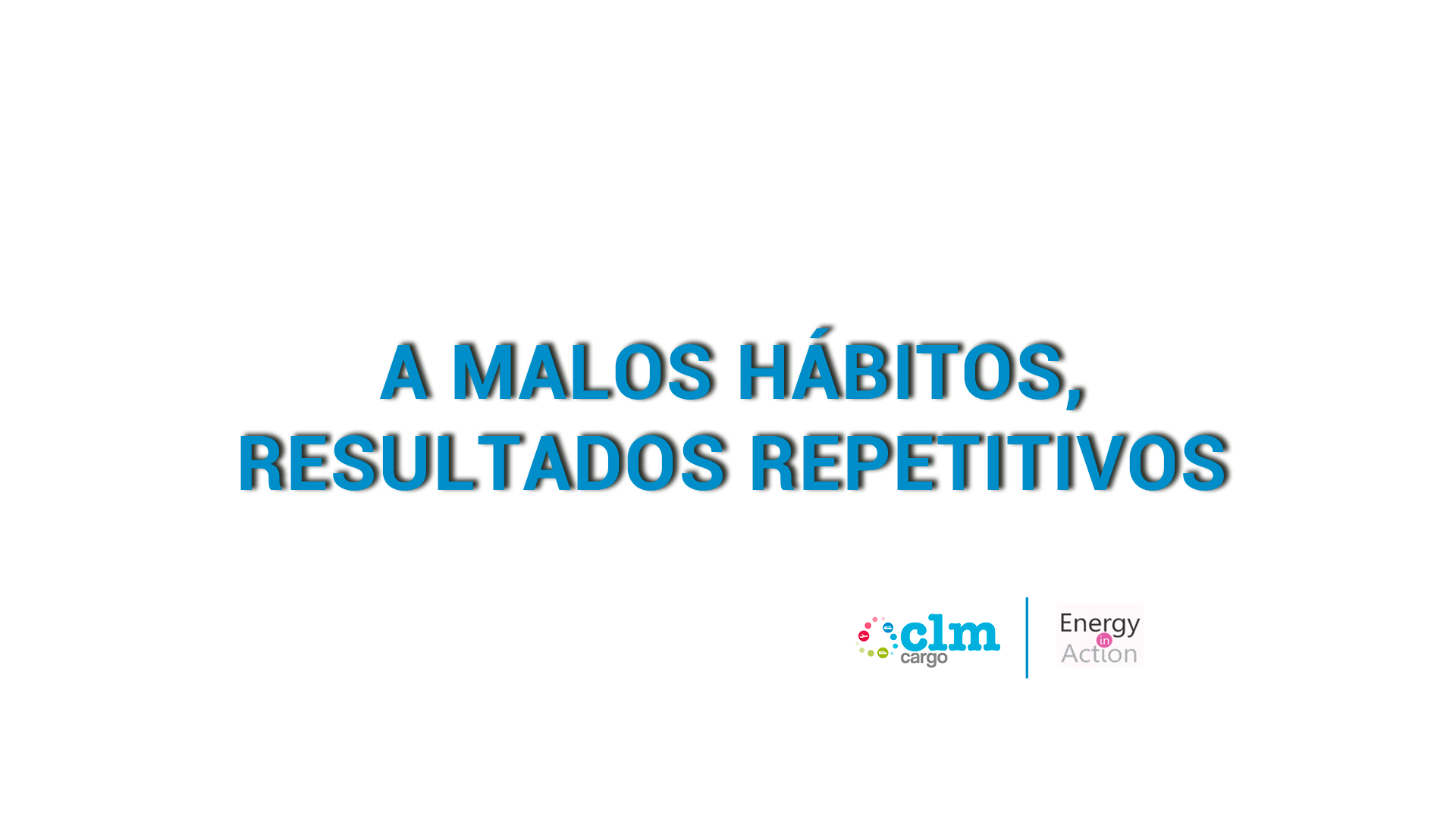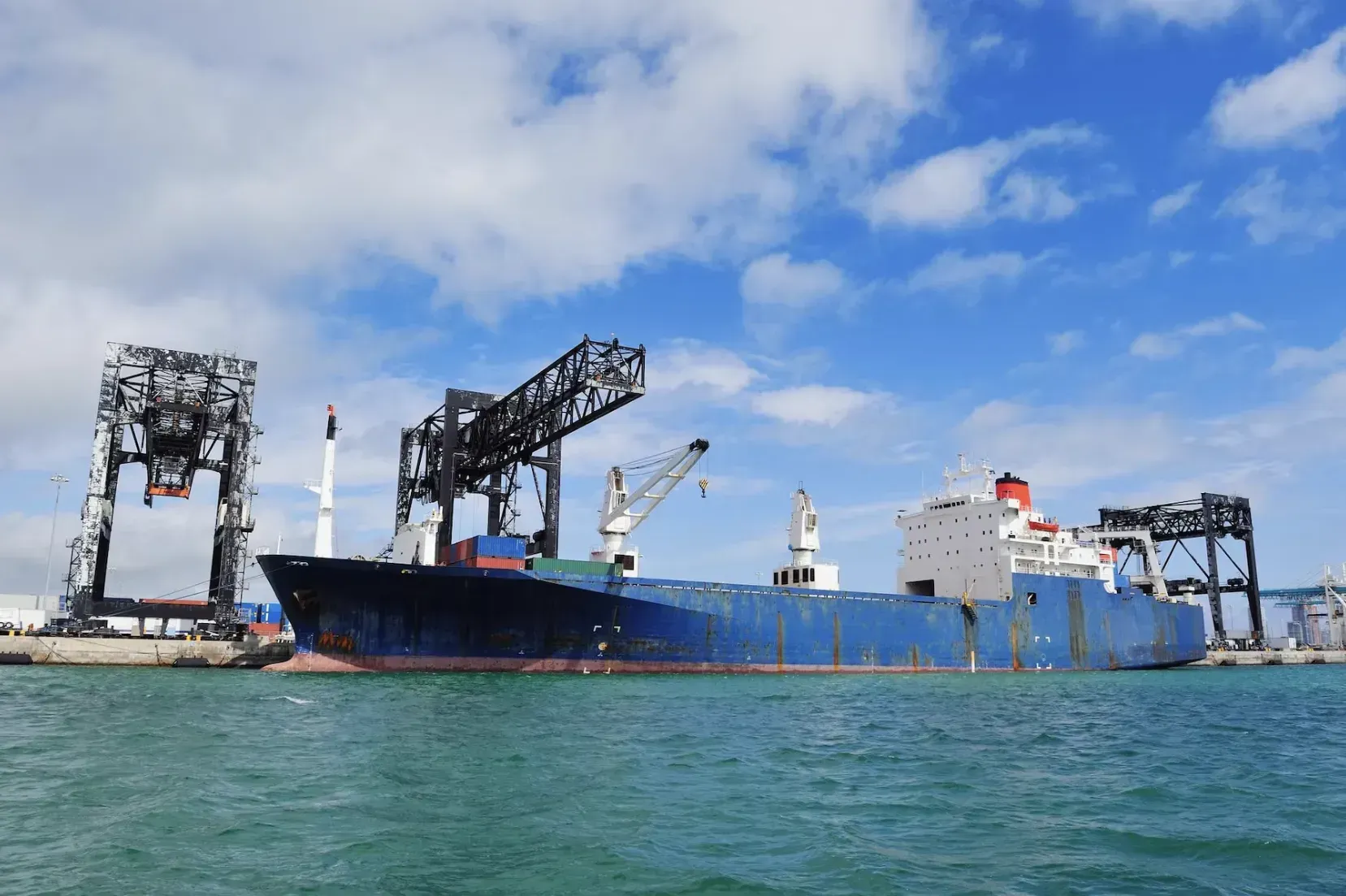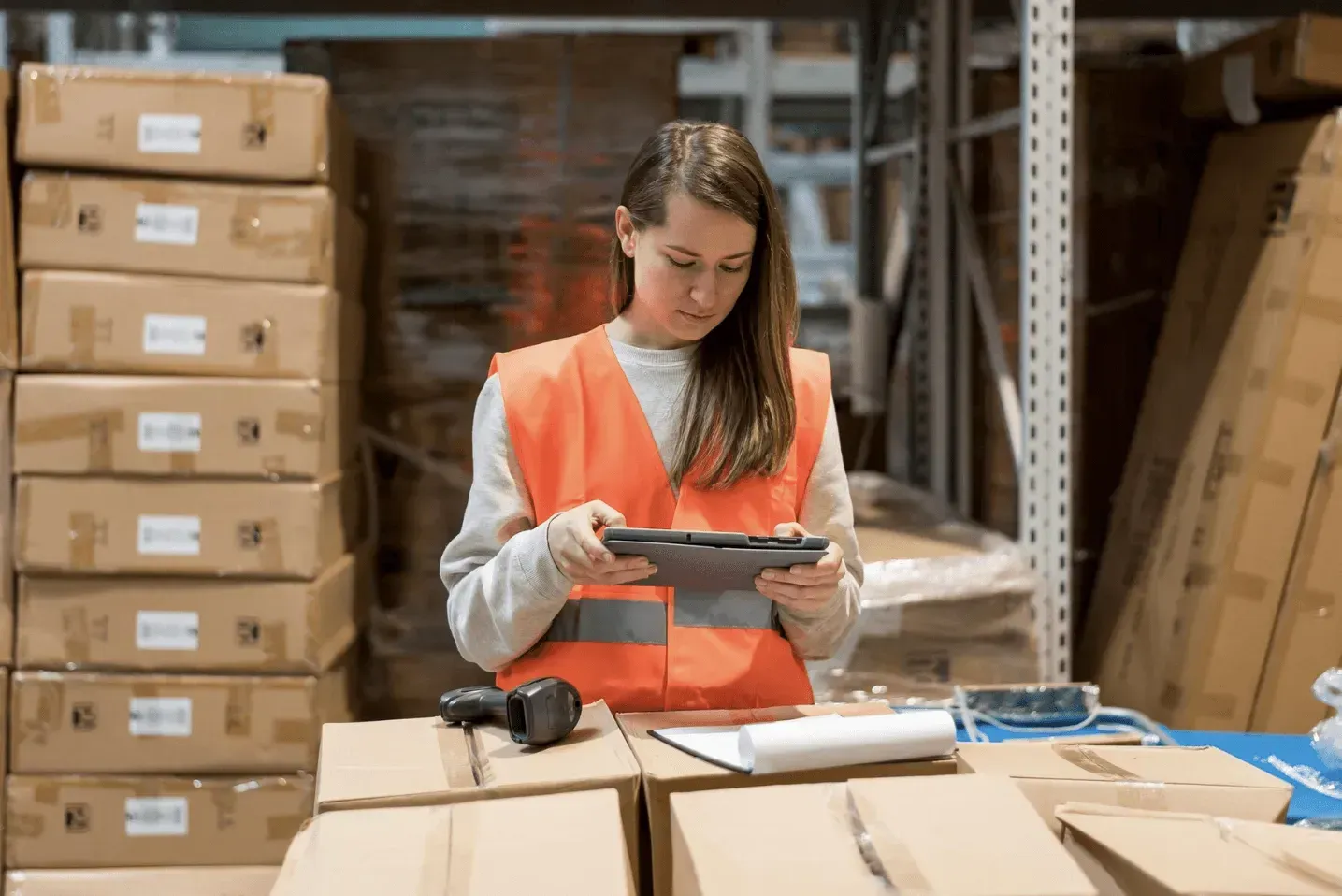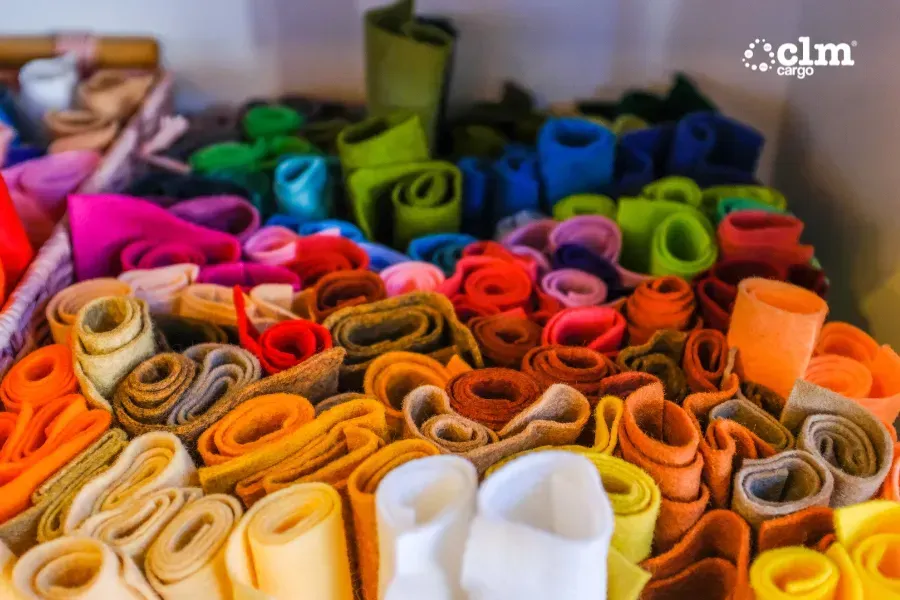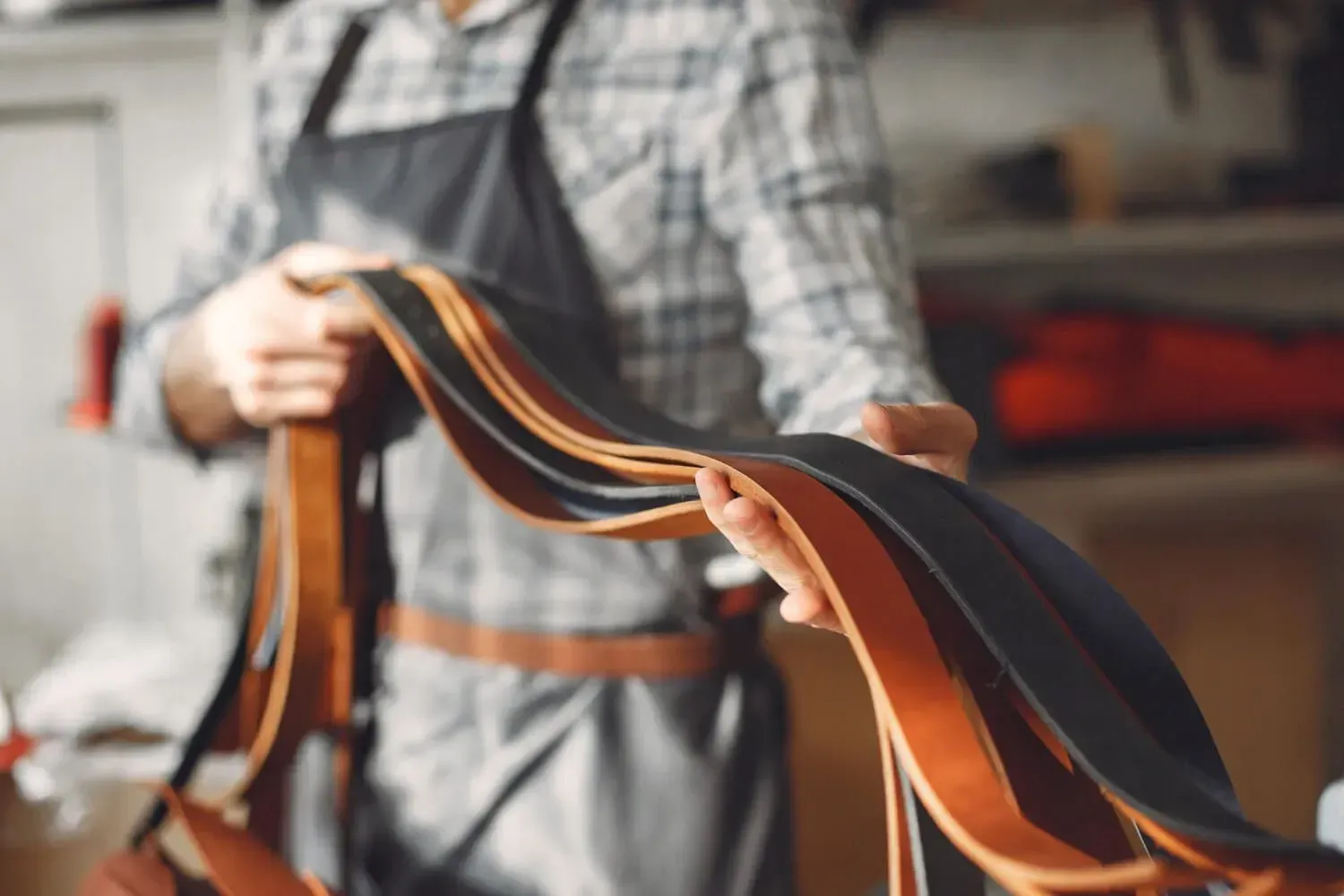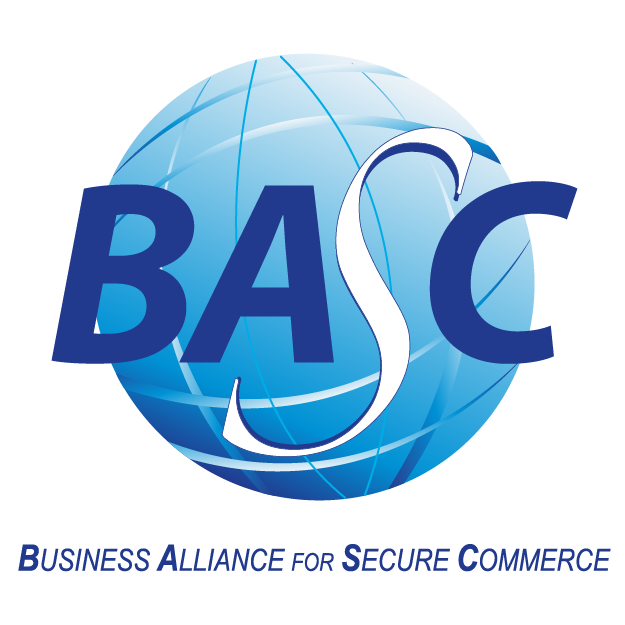Importing cars from China

Importing cars from China to Colombia involves specific procedures and legal requirements. This guide covers everything from obtaining the customs tariff code to registering with trade authorities and complying with international and bilateral trade regulations. Whether you're importing new, used, or classic vehicles from China, this article outlines every essential step.
Step 1: Understand the Required Documentation and Legal Setup
Obtain the Customs Tariff Code (Subpartida Arancelaria)
The customs tariff code is a globally recognized numerical identifier for products. You can consult the Colombian Customs Tariff (Arancel de Aduanas) or request the code from DIAN. This step ensures your vehicle from China is correctly classified under Colombian trade law.
Tip: For standard passenger vehicles, codes usually fall under chapter 87 of the Harmonized System (HS).
Register as an Importer with the Chamber of Commerce
With the tariff code in hand, register as an importer through your local Chamber of Commerce. This registration makes your business eligible to legally participate in foreign trade operations.
Required documents typically include:
- Business license (if applicable)
- Tax ID
- Basic company information
Obtain the Tax Identification Number (RUT)
You must also secure a RUT (Registro Único Tributario) from DIAN. This number identifies you as a taxpayer and importer. It is essential for all customs and tax-related processes.
Step 2: Register Your Import Electronically
Use the VUCE Platform for Import Registration
The VUCE (Ventanilla Única de Comercio Exterior) platform facilitates digital submissions of import applications. Importers must provide product information, documents, and follow-up electronically.
Benefits of using VUCE include:
- Centralized documentation
- Streamlined customs clearance
- Real-time application tracking
Pay Import Duties and Taxes
Tariffs and taxes are calculated based on the CIF value (Cost + Insurance + Freight) of the vehicle. Payments must be completed before customs release.
Note: Colombia applies different duty rates depending on engine size and vehicle origin. Ensure you're aware of applicable trade agreements with China.
Step 3: Special Rules for Classic and Used Vehicles
Requirements for Importing Classic or Vintage Cars
Classic cars must meet special criteria and be certified by the Automóvil Club de Colombia (ACC) as vehicles of national interest. This includes demonstrating the vehicle's originality, age, and cultural significance.
Key steps include:
- Obtain a certification from ACC
- Secure special import permits
- Provide proof of authenticity and condition
Regulations for Used Cars
Used car imports are restricted and must follow strict guidelines. Visit our Used Car Import Guide for complete instructions.
Step 4: Comply with International Trade Regulations
Meet Safety and Emissions Standards for New Cars
All new vehicles imported into Colombia, including those from China, must comply with local safety, technology, and emissions standards. Ensure your vehicle is homologated and certified under Colombian regulations.
Understand Colombia-China Trade Agreements
While Colombia and China do not have a free trade agreement specific to vehicles, importers must adhere to WTO guidelines and Colombian national standards. Be aware of additional documentation or inspections that may be required for Chinese-origin vehicles.
Certification by the Automóvil Club de Colombia (ACC)
For vintage vehicles, the ACC certification is mandatory to validate the vehicle's historical or cultural value. This document is critical for customs acceptance and tax classification.
Final Recommendations
- Consult with a certified customs broker for up-to-date regulations.
- Always verify vehicle compliance with Colombian law before shipping.
- Ensure your Chinese supplier provides all required documentation, including invoices and conformity certificates.
- Keep digital copies of all documentation for future reference.
By following these steps, you'll ensure a smooth and compliant vehicle importation process from China to Colombia. For further details, consult DIAN or trade support services.
Frequently Asked Questions (FAQ)
Can I import a used car from China to Colombia?
Used car imports are heavily restricted in Colombia and subject to very specific conditions. You must consult DIAN regulations and ensure your vehicle meets the legal exceptions.
How long does the importation process take?
The full process—from documentation to customs clearance—can take several weeks. Delays may occur depending on paperwork accuracy, inspections, and port logistics.
Are there trade agreements between Colombia and China that reduce taxes?
Colombia and China do not have a specific free trade agreement for vehicles. Standard WTO tariffs and Colombian import duties apply.
Do I need a customs broker to import a car?
While not mandatory, hiring a certified customs broker is highly recommended to navigate legal requirements, prevent delays, and manage documentation.
What documents should the Chinese supplier provide?
The supplier should issue an invoice, packing list, certificate of origin (if applicable), vehicle compliance certificates, and shipping documentation.
Is the Automóvil Club de Colombia (ACC) certification necessary for all vehicles?
No, ACC certification is only required for importing classic or vintage vehicles that are intended to be classified as culturally or historically significant.



